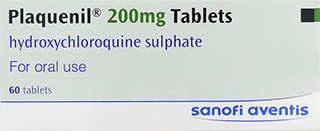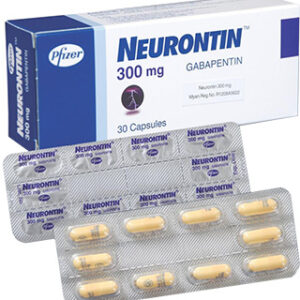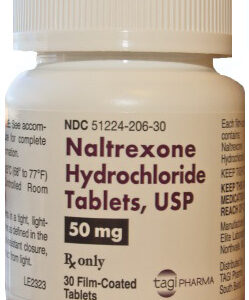Generic and Brand Names
Plaquenil is the brand name for the generic drug hydroxychloroquine sulfate. It belongs to a group of medications known as antimalarials and disease-modifying antirheumatic drugs (DMARDs).
Indications for Use
Plaquenil is indicated for the treatment of malaria, systemic lupus erythematosus (SLE), and rheumatoid arthritis (RA). It may reduce the risk of malaria by killing the Plasmodium parasites that cause the disease and can decrease the frequency of SLE and RA flares.
Pharmacological Mechanism
The precise mechanism of action for hydroxychloroquine is not fully understood. In malaria, it is thought to interfere with the action of heme within the parasite, leading to its toxicity. In autoimmune diseases, hydroxychloroquine is believed to interfere with intracellular communication, reducing inflammation and the immune response.
Dosage Forms Available
Plaquenil is available in tablet form. The tablets are typically 200 milligrams each, and doses are adjusted according to body weight and the condition being treated.
Administration Guidelines
Plaquenil should be taken with food or a glass of milk to minimize gastrointestinal discomfort. For the treatment of RA or SLE, the usual starting dosage is lower, gradually increasing based on clinical response and tolerability. For prophylaxis of malaria, the drug is usually started two weeks before potential exposure, continued during the period of risk, and for four weeks after leaving the endemic area.
Dose Adjustments
Adjustments in dosing may be required for patients with kidney or liver dysfunction, as the drug is metabolized hepatically and excreted renally. For patients with significant renal or hepatic disease, lower dosages may be prescribed to prevent accumulation and toxicity.
Drug Interactions
Concurrent use of Plaquenil with certain drugs, such as digoxin, antidiabetic drugs, and antiepileptic medications, may require close monitoring due to potential interactions. Hydroxychloroquine can also prolong QT interval, and caution is advised when used alongside other medications known to affect cardiac conduction.
Adverse Effects
Common side effects include nausea, stomach cramps, and diarrhea. Less frequently, Plaquenil may cause ocular toxicity, leading to vision changes or damage, particularly with long-term use. Other rare but serious effects include cardiomyopathy, bone marrow suppression, and neuropsychiatric events. Regular monitoring, including eye exams, is recommended to detect potential toxicities early.
Special Populations
Pregnant or breastfeeding women should only use Plaquenil if the potential benefits justify the potential risk to the fetus or infant. For children, dosing is based on body weight, and safety and efficacy are contingent upon careful adherence to prescribed amounts.
Monitoring Parameters
Patients using Plaquenil should have baseline and periodic ophthalmologic exams to monitor for signs of retinal toxicity. Additionally, blood cell count monitoring is advised due to potential hematological effects. Electrocardiograms may be warranted for patients with risk factors for cardiac disease.
Storage and Handling
Plaquenil tablets should be stored at room temperature, away from moisture and heat, and kept out of reach of children. If a dose is missed, patients are instructed to take it as soon as remembered unless it is close to the time of the next dose, in which case they should skip the missed dose and resume their regular dosing schedule.
Overdose Management
In case of suspected overdose, immediate medical attention is required. Symptoms of overdose may include headache, drowsiness, visual disturbances, cardiovascular collapse, and seizures. Supportive treatment, which may include cardiac monitoring and convulsion management, should be initiated by healthcare professionals.
Discontinuation of Therapy
Plaquenil therapy should not be abruptly discontinued without consulting a healthcare provider, especially in patients with SLE or RA, as abrupt discontinuation may lead to disease flare-up. A gradual reduction in dose under medical supervision might be required if therapy cessation is necessary.







Reviews
There are no reviews yet.